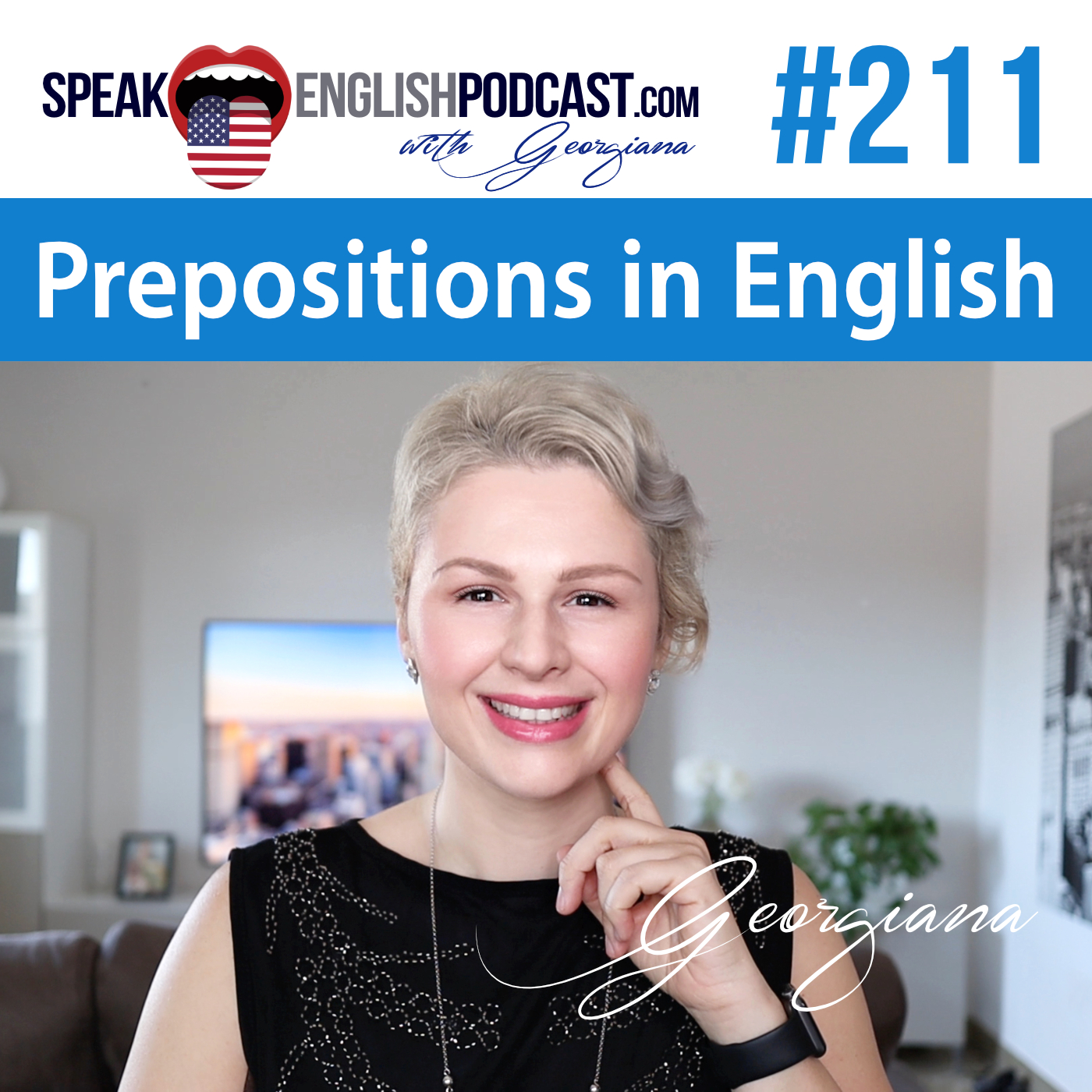- Education
- Language Learning
- SEE MORE
- classical
- general
- talk
- News
- Family
- Bürgerfunk
- pop
- Islam
- soul
- jazz
- Comedy
- humor
- wissenschaft
- opera
- baroque
- gesellschaft
- theater
- Local
- alternative
- electro
- rock
- rap
- lifestyle
- Music
- como
- RNE
- ballads
- greek
- Buddhism
- deportes
- christian
- Technology
- piano
- djs
- Dance
- dutch
- flamenco
- social
- hope
- christian rock
- academia
- afrique
- Business
- musique
- ελληνική-μουσική
- religion
- World radio
- Zarzuela
- travel
- World
- NFL
- media
- Art
- public
- Sports
- Gospel
- st.
- baptist
- Leisure
- Kids & Family
- musical
- club
- Culture
- Health & Fitness
- True Crime
- Fiction
- children
- Society & Culture
- TV & Film
- gold
- kunst
- música
- gay
- Natural
- a
- francais
- bach
- economics
- kultur
- evangelical
- tech
- Opinion
- Government
- gaming
- College
- technik
- History
- Jesus
- Health
- movies
- radio
- services
- Church
- podcast
- Education
- international
- Transportation
- Other
- kids
- podcasts
- philadelphia
- Noticias
- love
- sport
- Salud
- film
- and
- 4chan
- Disco
- Stories
- fashion
- Arts
- interviews
- hardstyle
- entertainment
- humour
- medieval
- literature
- alma
- Cultura
- video
- TV
- Science
- en
#211 Time Prepositions in English

>> Get my new course: The\xa0PRONUNCIATION\xa0Course 2024! Visit\xa0PronunciationCourse.com and get the course! <<
- Today, I am going to talk about time prepositions in English.\xa0
- And with a point of view story, you will learn grammar in context without memorizing any boring rules.
Prepositions\xa0are short words (on, in, to, of) that usually stand in front of nouns, pronouns, or a group of nouns.
They show\xa0direction,\xa0time,\xa0place,\xa0location,\xa0or\xa0introduce\xa0an\xa0object.\xa0
But today, we will focus on\xa0time prepositions.
For more episodes and the full text, visit\xa0SpeakEnglishpodcast.com/podcast